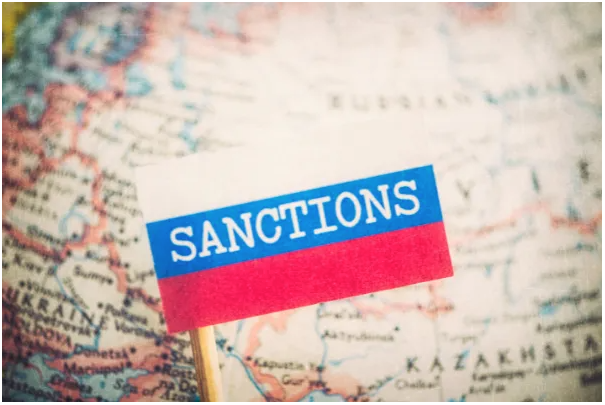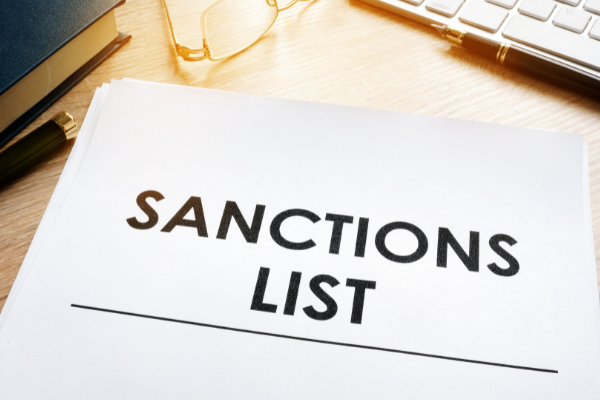BY:
SHARE:

As prohibitions on trade with Russia continue to expand and evolve, it is essential to remain aware of the relevant regulations applicable to UK Traders and the possibility of fines and penalties for non-compliance.
The Sanctions Regime on Russia now encompasses sixteen amendments from 2022 and an additional three amendments in 2023. This link is updated to reflect the latest sanctions on trade: https://www.gov.uk/government/collections/uk-sanctions-on-russia
A business may not export to a Russian consignee. Still, the possibility of breaching sanctions will apply for indirect supply too, so establishing end use and ultimate end use must be part of the seller’s due diligence.
The types of products that are prohibited are wide-ranging. The exporter should check their commodity codes and the restrictions on trade based on the information in Volume 2 in the Trade Tariff. The export tab will allow the user to check on trade with a particular country, but the recommendation is to view the commodity code based on trade with all countries to be clear on the restrictions that could apply.
The most recent update in Notice to Exporters, 2023/11 and dated 23rd August 2023, affirms that a UK enterprise incurred a £1 million fine earlier this month due to unauthorised trading of goods in violation of The Russian (Sanctions) (EU Exit) Regulations 2019. Many activities and trade with Russia are prohibited. There are some instances where a licence could be granted, but these are in specific circumstances.
In addition to Due Diligence, an awareness of Red Flags must form part of the contract or sales process to reduce the chance of non-compliance with export controls, sanctions, embargoes, and prohibitions on trade.
Military End-Use Controls and the Circumvention of Sanctions have been highlighted recently as examples of how controls can be applied. The restrictions apply to many more types of goods than Military and Dual Use, strategic items.
Luxury Goods with a value threshold are a current example of a broader range of products prohibited from being supplied to Russia. The wording in the Amendment No.8 confirms, “The export of luxury goods to, or for use in Russia, is prohibited. A person must not directly or indirectly supply or deliver luxury goods from a third country to a place in Russia, make luxury goods available to a person connected with Russia, make luxury goods available for use in Russia.”
The list of luxury goods includes; Cigars, Perfumes, Clothing, Shoes, Tableware, Electronic Items for domestic use, Sports equipment, Clocks and Watches – all with specific value thresholds. If the value is above the threshold and the commodity code is on the list, unless there is an exception, the trade is prohibited based on the wording in the previous paragraph.
The product or trade that resulted in the fine has not been detailed. The communication does confirm that the UK has sanctioned 1,600 individuals and entities. This includes; 29 banks, which could impact a seller receiving payment, even if the goods could be supplied. This is part of the UK’s ongoing commitment to prohibit trade with Russia by working closely with G7 members and international partners. The notice also confirms that an additional £50 million in funding will be available to improve the enforcement of the UK’s sanction regime.
If you are interested in exploring this topic further, you might find it worthwhile to consider the training courses and live clinics offered by Strong & Herd LLP:
OneCall™ Email assistance as and when required; A one-call solution for all your import, export and customs enquiries. Export help. Import help. Customs help.
Stay informed about customs and international trade matters by subscribing to our OneCall™ service. This comprehensive offering includes a dedicated email helpline for support, timely practical updates direct to your inbox (Did You Know?), monthly UK Customs & Trade Briefings and access to an interactive members' area with an exclusive community for our subscribers.
International Trade Updates & Spotlight Newsletter
Subscribe to our free information emails covering international trade topics...












